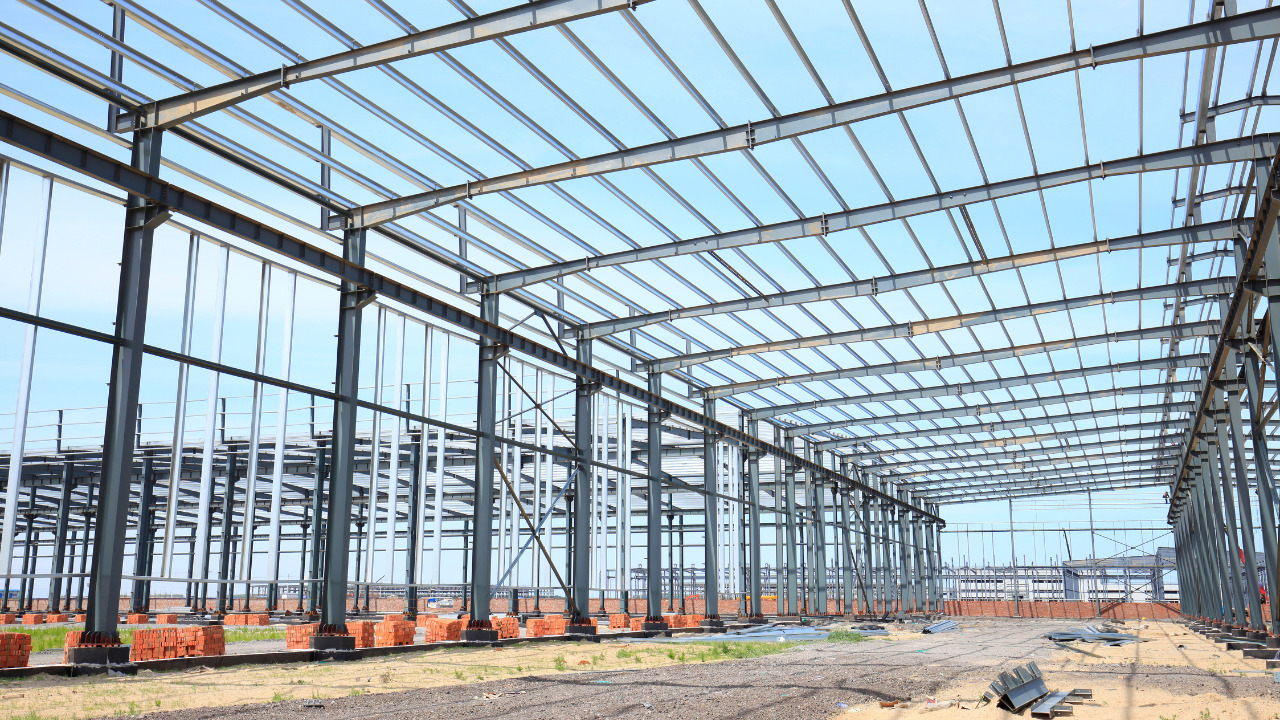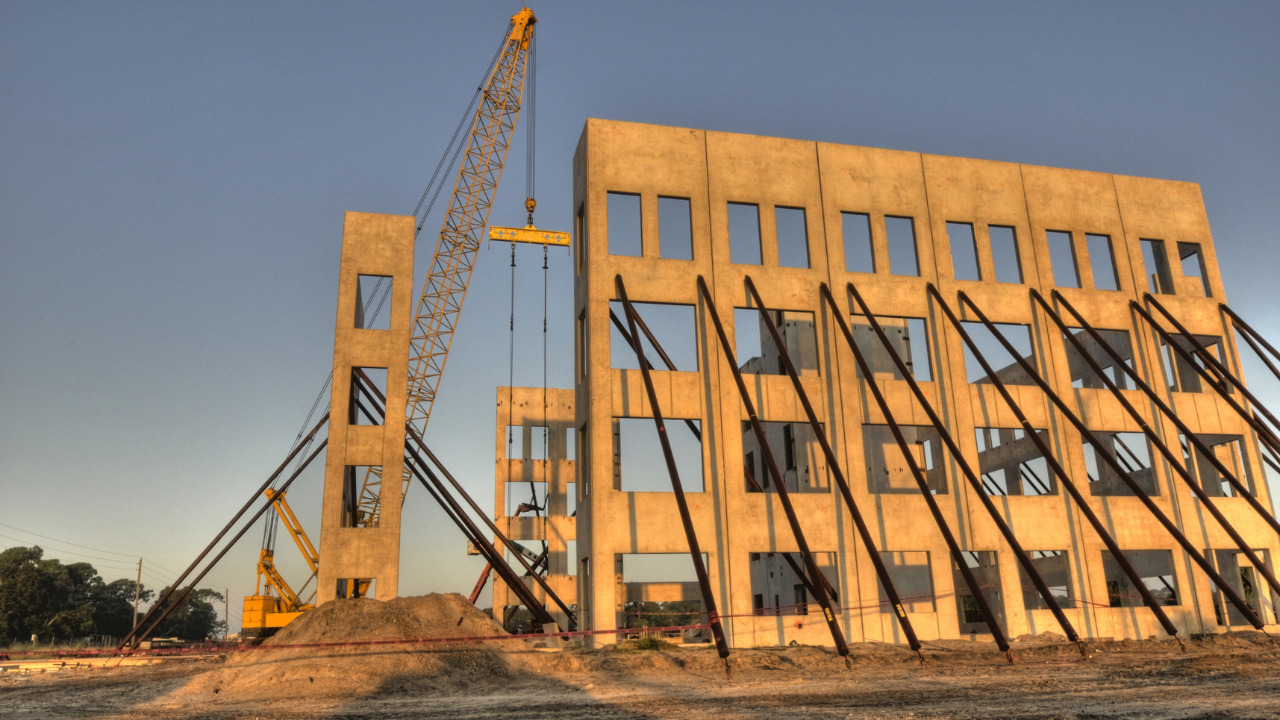The stage line array truss construction is rarely employed in public structures like huge span factories. In reaction to the node articulating into a geometrically invariable lattice load-bearing structure, the lower chord of the stage truss is crucial to support axial force straight rods.
The stage can be extended from underneath the main stage to increase the entertainment atmosphere and stage area. To give the players more room to play and interact with the audience to achieve various spectacular effects.
The stage can be withdrawn into the main stage to expand the stage distribution area while not in use. The line array truss’s ability to convert the complex stress situation, which can grasp the force distribution and facilitate the change, is its more significant meaning.
Table of Contents
Benefits Of Using Line Array Truss
Convenience is one of the important elements to consider when erecting items like line array truss manufacturers, typically used as roof supports for huge buildings. The performance of the aluminum stage line array truss is excellent, and in addition to these two benefits, it is easy and quick to build.
Easy To Build Trusses
The line array truss manufacturer’s products feature a typical high span ratio, making them relatively simple to construct since they rest directly on the steel beam. As a result, the time required to create this product will significantly decrease.
Best For Heavy-Duty Stages
Although the pre-arched degree gives this product a strong force capacity, the force capacity makes the speed of erection faster. When erecting an aluminum stage line array truss, it is crucial to know the bearing capacity beforehand since insufficient bearing capacity may cause cracks in the building.
An Affordable Option
People are more worried about the product’s cost than its aesthetics or usefulness—or how affordable it is. Despite their potential for usage, galvanized sheets are a very useful building material since they are simple to erect and resist pressure.
Line array truss is utilized in both permanent structures and temporary structures. The aluminum truss stage offers strong pressure resistance. Additionally, it can prevent corrosion with this style of exterior truss design.
Things To Consider Before Choosing Line Array Truss For A Stage
Sound Direction
Directionality can be split into two extremes. The point source, which has an infinitely small sound source, is extreme. The characteristics of a point source are present in a sound source if its dimensions are smaller than the wavelength of the sound being produced.
In all directions, a point source evenly disperses sound waves. This point source has a particular quantity of energy, and as more energy is added, more of an area will need to be covered by it. However, not all sound conforms to this idea; only sound comes from a point source.
If something is in the way, sound can only decrease more quickly than 6 dB for every doubling of distance. The idea that a sound source can exist at a volume from which the volume doesn’t decrease with increasing distance is intriguing. A concentrated sound can travel across considerable distances with little level loss.
Speaker’s Wavelength Guidance
In a line source, individual sound sources should not be more than half a wavelength apart from one another, as was previously stated. The maintenance of frequency spectrum line-source behavior will be higher up the frequency spectrum the closer the separate sound sources are to one another, to put it another way.
To fit inside the vertical dimension, each cabinet must be as short as feasible. The height of the cabinet, together with the thickness of the cabinet walls, should ideally not exceed the diameter of the low-frequency drive unit. But the low-frequency drive units must be somewhat large to achieve a loud sound level.
Sound Intensity
Sound is distributed evenly throughout the audience, using a line array from the front to the back. This is achieved by focusing the sound vertically and allowing it to disperse horizontally. Although line arrays may do this rather effectively, the front of the audience frequently hears sound pressure levels that are louder than the back.
To address this issue, intensity darkening or reducing the output of the lower section of the line array should be used. Comparing the high cabinets of the array to the front audience rows, the bottom cabinets are much closer.
By doing so, the sound pressure sent to the front of the audience will be at a lower level due to the level from the lower cabinets being reduced. The top cabinets of the array’s sound system will still be audible to the front rows; however, they won’t be able to make out the sounds because they are louder.
There is a possible substitute for intensity shading. You’ll see that when line arrays are flown, the front rows of the audience are almost directly underneath them. In contrast, the back rows are much more level with the top-of-the-line array.
It is beneficial to curve the line array’s lower portion such that it faces the front row of the audience.
Conclusion
A line array is relatively easily installed onto the tower, and every lifter follows the same procedure. Therefore, you can use any lifting tower and follow the same process. Repeat these procedures backward, always beginning with the last bar that has been elevated, to dismantle the line array and lower the tower.





